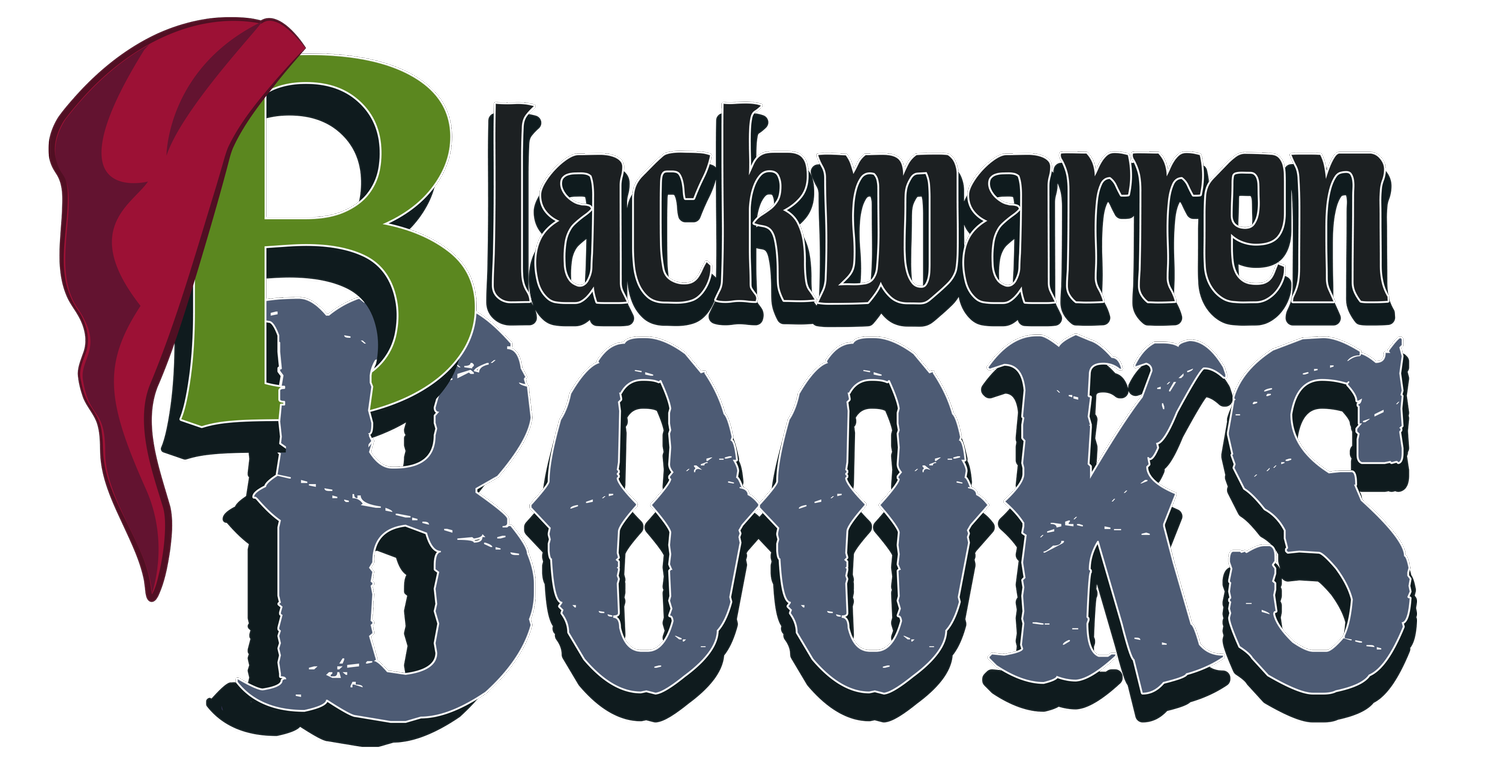Samuel R. Delany: Classic Queer Black SF
We’re back at it again with Queer Black voices in fiction you need to read! While we profiled NK Jemisin yesterday, today we’ll be profiling Samuel R. Delany, a true pioneer of New Wave SF.
Almost 20 years ago, I and a buddy of mine walked into the KGB Bar in the East Village. We were two men on a mission: Samuel R. Delany was doing a reading that night, and we weren’t gonna miss it for the world. Fast forward to today, and a signed copy of Delany’s Empire Star/Babel-17 sits in pride of place on my bookshelf, next to my other treasures - a signed first edition of Neil Gaiman’s American Gods, a signed advance reader copy of his novel Stardust, and signed copies of Clive Barker’s Everville and Ararat.
A Giant of Queer Black SF
So why is Delany such a crucial figure in Queer Black science fiction? It’s easy - from the very beginning, he’s done more for the representation of marginalized communities than dozens of other authors put together. Delany's work is important because it provides a space for marginalized voices to be heard. In a genre that has traditionally been dominated by white, male authors, Delany's work shows that science fiction can be a vehicle for social change. His characters challenge us to think about our own assumptions about race, gender, and sexuality.
His stories read like a hit list: In Dhalgren, the protagonist, a black man named Tyrone Slothrop, is a veteran of the Vietnam War who is struggling to come to terms with his experiences. In Triton, the protagonist, a young woman named Athene, lives in a society where gender is fluid. Athene can choose to identify as male or female, or as neither. In Stars in My Pocket Like Grains of Sand, the protagonist, a young man named Rat, travels to a galaxy where there are many different species, including humans, aliens, and androids.
More Than Just Fiction
In addition to his novels, Delany has also written extensively about marginalized representation in science fiction. He’s also a prolific essayist and non-fiction writer, with seven books of literary criticism to his name. The themes he focuses on include comparative literature, queer studies, Black studies, and genre literature, and always with a focus on the power of stories.
A perfect example of this can be found in his essay "The Jewel-Hinged Jaw”. Delany argues that science fiction can be a powerful tool for social change. He writes, "Science fiction can be a way of exploring the possibilities of change, of imagining a world where things are different, where the marginalized are not marginalized, where the oppressed are not oppressed."
Delany's work has had a profound impact on the science fiction genre. He has helped to pave the way for more marginalized voices to be heard in science fiction, and his work continues to inspire and challenge readers today. If you want to experience some of the wildest, most thought-provoking, and even occasionally disturbing science fiction you’ve ever read, Samuel R. Delany is the perfect choice.
Got your own story to tell? Visit Blackwarren’s submissions page today!

